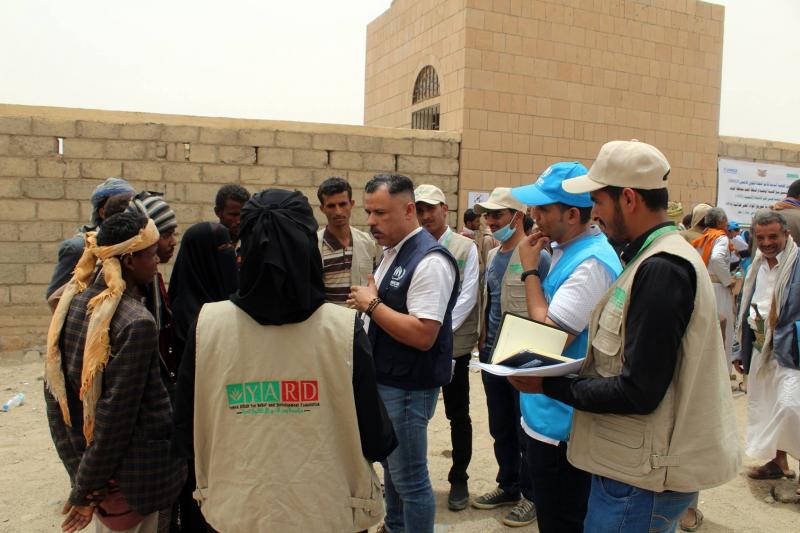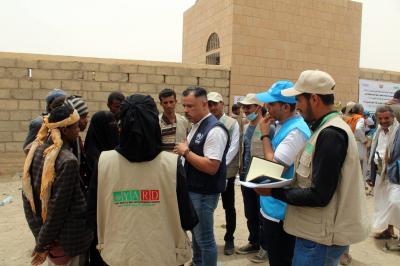The United Nations High Commissioner for Refugees (UNHCR) in Jordan announced its intention to reduce the cash assistance given to refugees starting from May. In its latest report on operations in Jordan, the UNHCR stated that the "reduction in assistance values is due to the rapid decline in funding from donor agencies."
In February, the UNHCR provided cash assistance to over 30,000 refugee families in host communities. The report indicated that "a quarter of a million refugees received support from the UNHCR, of which 120,000 in camps received quarterly assistance in January."
The report also noted that "refugee income has significantly decreased in recent months, while their debt levels remain high, indicating an increase in their vulnerability." The UNHCR emphasized that the "cash assistance" provided has remained a "vital source of income for refugees" in Jordan.
According to the report, the "amount of funding provided to the UNHCR over the past two months reached $52 million, out of a total funding requirement of $374.8 million for the current year." Last year, the UNHCR received funding estimated at $168.2 million out of total requirements of approximately $390 million, representing a funding rate of 43%.
The UNHCR estimates the number of registered refugees in Jordan to be around "714,000 refugees, including 639,500 Syrians, 55,200 Iraqis, 12,700 Yemenis, about 5,000 refugees from Sudan, 475 from Somalia, and around 1,000 from other nationalities."




